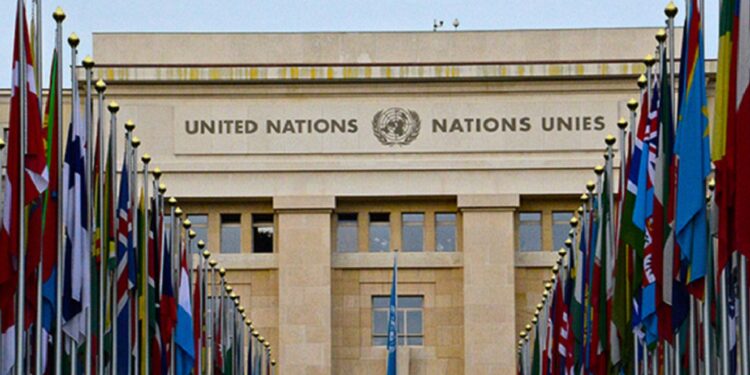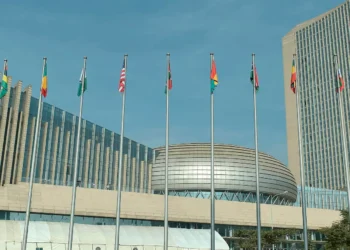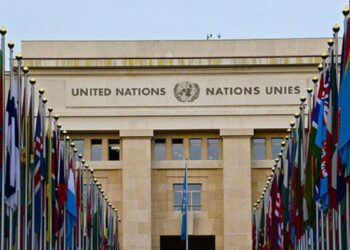The United Nations Office for the Coordination of Humanitarian Affairs (OCHA) has said that humanitarian partners would need $ 4.7 billion to assist 20.9 million vulnerable people in parts of Nigeria, Chad, and five other African countries.
This was disclosed in a press release published on its website on Thursday, tagged, “Almost 33 million people in the Sahel need lifesaving humanitarian assistance and protection services.”
The OCHA urged the international community to give generously to ensure the region’s humanitarian response plans can be implemented fully by the end of the year.
Urgent Humanitarian Need
According to the UN agency, the lives of 32.8 million people across the Sahel are affected by a complex and interlinked web of crises, which are exacerbated by instability, a deteriorating security situation, and the effects of climate change.
The statement added that the development is leaving them in need of humanitarian assistance and protection services.
It noted that across the Sahel, growing violence and conflict threaten lives and livelihoods, forcing families to flee their homes and preventing access to basic social services.
It further disclosed that 2.2 million children in the area are deprived of their right to education due to school closures, 1,263 health centres are closed while the region hosts two million refugees and asylum seekers aside from 5.6 million internally displaced persons many of whom have faced multiple displacements.
“Humanitarian partners require US$ 4.7 billion in 2024 to meet the urgent needs of 20.9 million people in Burkina Faso, Cameroon’s Far North Region, Chad, Mali, Niger, and Nigeria’s Adamawa, Borno and Yobe states.
“The UN’s Office for the Coordination of Humanitarian Affairs (OCHA) is warning that lives are at risk unless humanitarians are given the resources needed to respond to these crises and support the region’s most vulnerable people,” the statement partly read.
Role of Humanitarian, and International Partners
Charles Bernimolin, the Regional Head of OCHA, explained that the work of humanitarians and international partners during a crisis cannot be overemphasized.
He stressed that the lack of adequate resources remains a major challenge in the bid to address the humanitarian crisis.
However, he expressed confidence in the international partners’ ability to intervene.
“Humanitarians across the Sahel are doing extraordinary work, often in the most challenging of circumstances. But the tangled web of crises that are faced is more complex than ever. Yet without the resources needed to respond to their needs, these crises will continue to escalate and spread, eroding resilience and putting the lives of vulnerable children, women and men at risk,” the UN statement quoted Bernimolin to have said.
He thanked donors’ generous contributions and humanitarians who are making a real difference in the Sahel.
“Moreover, given that humanitarian action alone is not a long-term solution, I would also urge international partners to continue to engage with the region, to create durable solutions that will reduce humanitarian needs in the future, “ he stated.
More Insights
Data from UN showed that humanitarian partners provided lifesaving assistance and protection services to more than 15.6 million people across the Sahel in 2023.
However, millions were left without vital aid as only 41 per cent of the funding needed was received last year.
The UN disclosed that “As of 3 June 2024, 16 per cent of the humanitarian funding requirements of the six 2024 country response plans were met. If aid operations collapse, it will threaten millions of lives across the Sahel.”
The Sahel is a region of Africa separating the Sahara Desert to the north and tropical savannas to the south.























